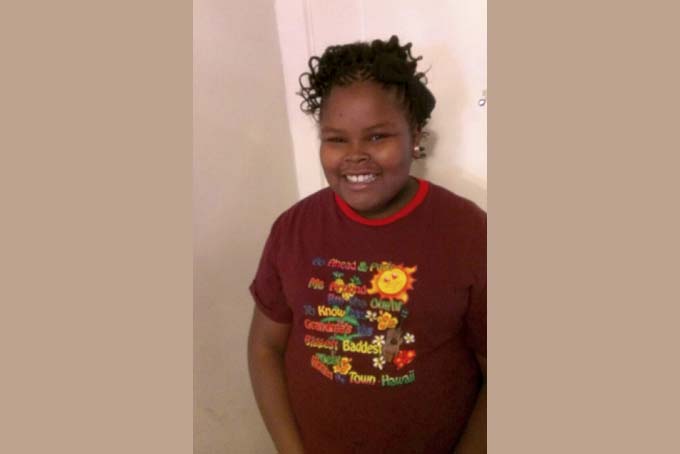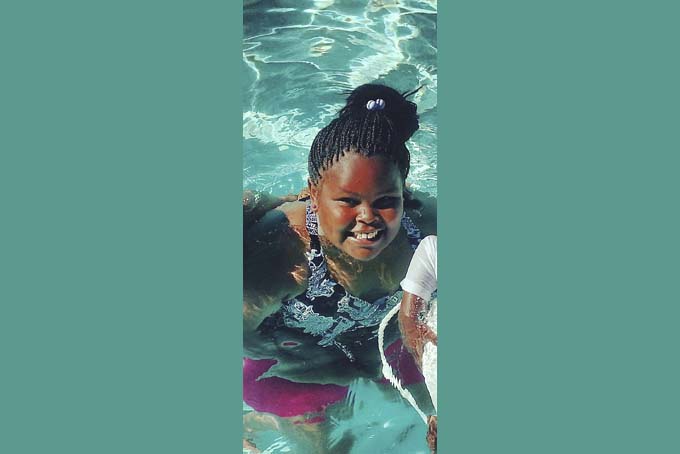
OAKLAND, Calif. (AP) — A California woman says she believes her 13-year-old daughter is alive despite a declaration that complications from a tonsillectomy left her brain dead.
The mother of Jahi McMath pleaded for prayers and time to keep her daughter on a ventilator past Monday, when a temporary restraining order barring a hospital from disconnecting life support expires.
“Despite what they say, she is alive. I can touch her, she is warm. She responds to my touch,” Nailah Winkfield wrote Saturday.
“Given time I know (God) will spark her brain awake,” she wrote in the open letter.
Children’s Hospital of Oakland’s responded in a statement that while it sympathizes with Winkfield’s wishes, “it would be unfair to give false hope that Jahi will come back to life.”

Winkfield said her daughter bled profusely and went into cardiac arrest after undergoing a “simple procedure” to remove her tonsil to help with her sleep apnea.
Jahi was declared brain dead on Dec. 12.
The hospital statement contends the surgery was complicated, and that it was committed to fully investigating what caused “this catastrophic outcome.”
A judge ruled Friday to keep Jahi on a ventilator and continue giving her intravenous fluids through Monday, when a court-approved neurologist will examine the girl for any signs of brain activity.
The family’s attorney, Christopher Dolan, told Alameda County Superior Court Judge Evelio Grillo the family wanted independent tests because they do not believe the hospital’s physicians are sufficiently independent.
The hospital said in documents presented to the court Friday that a staff neurologist and Jahi’s attending physician conducted separated exams, both of which determined that Jahi’s entire brain, including her brain stem, stopped functioning.
“There is absolutely no medical possibility that (Jahi’s) condition is reversible or that she will someday recover from death,” declarations from the doctors said. “Thus, there is no medical justification to provide any further medical treatment whatsoever to (her).”
Hospitals do a barrage of sophisticated tests to determine brain death, said Dr. Cristobal Barrios, an associate professor and a trauma and critical care surgeon at the University of California, Irvine. He is not involved in Jahi’s care and spoke about general hospital protocols.
Generally, two teams of specialists must run the tests and determine independently that the patient is brain dead, he said. At UC Irvine, those evaluations must take place 12 hours apart if the patient is a child.
___
Associated Press writer Gillian Flaccus in Santa Ana contributed to this report.

